A waste of knowledge and public resources

At a time when graduates' fixation with government jobs amid shrinking economic opportunities has emerged as a concern, it is perhaps not shocking that a large number of them are from medical and engineering backgrounds, who are forgoing careers in their specialised fields in favour of civil service. According to data from the Public Service Commission, approximately 30 percent of general-cadre recruits in the last three BCS exams came from medical and engineering backgrounds. The allure of these positions—coupled with perceived discrimination against non-admin cadres in terms of power, perks, and promotions—makes their choice a pragmatic one. But it comes at a cost to the nation.
The government invests heavily in the education of medical and engineering students, much more than it spends on students in general universities. Their migration, after graduation, to administrative roles thus represents a waste of both knowledge and resources. The migration of doctors is particularly troubling given the shortage of doctors in public healthcare. When medical graduates favour general-cadre positions over practicing medicine, or posting to city hospitals over services in rural health facilities, if recruited as doctors, it is the people that suffer as a result. This raises critical questions about our investment in—and allocation of—human resources in vital sectors.
But why are so many graduates opting out of specialised fields? According to our report, there are 13 categories in both general and specialised BCS. The former includes administration, police, and foreign services, while the latter includes education and health, among others. Those recruited in general cadres, where graduates of any background can apply, enjoy high ranks as well as substantial perks and benefits. They have the chance to be top bureaucrats. By contrast, those in specialised cadres face slower career progression, have fewer benefits, and mostly work under younger admin colleagues. This imbalance not only demoralises them but also undermines the sectors they serve.
Addressing this issue is almost as important as fixing the unhealthy fascination with BCS exams in the absence of decent opportunities in the private sector. We, therefore, urge the government to reevaluate the incentives and career paths for specialised cadres. Equitable opportunities and recognition of their critical contributions can help retain these professionals in their respective fields. Additionally, there needs to be a cultural shift within the civil service to value and integrate the expertise of doctors and engineers into policy-making and administrative roles that align with their training. We must ensure that our investments in education translate into tangible benefits for society.

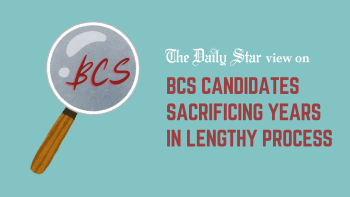
 For all latest news, follow The Daily Star's Google News channel.
For all latest news, follow The Daily Star's Google News channel. 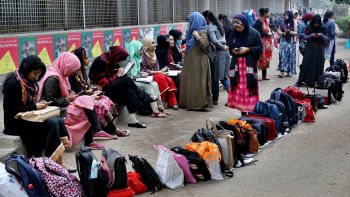
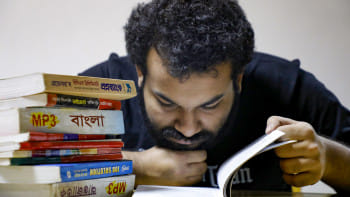


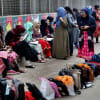
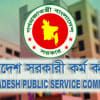
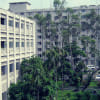
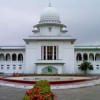


Comments